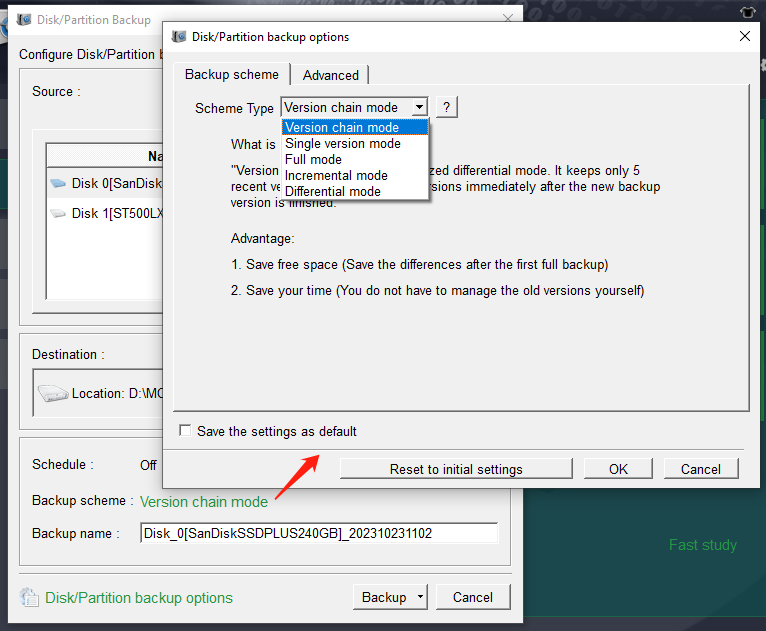Understanding Differential Backup: A Comprehensive Guide
- Home
- Support
- Tips Data Backup
- Understanding Differential Backup: A Comprehensive Guide
Summary
The article provides an in-depth exploration of differential backups, a data protection method that saves all changes made since the last full backup. It contrasts differential backups with incremental backups, which only save changes since the last incremental backup. The discussion includes the benefits and efficiency of differential backups, particularly in the context of Microsoft SQL Server. The article aims to help readers determine the most suitable backup strategy for their needs by understanding the fundamental differences and applications of these backup methods.

- Faster to Perform: Performing a differential backup is quicker than executing a full backup.
- Storage Growth: Over time, differential backups can become larger than full backups, necessitating periodic full backups.
- Ease of Recovery: Recovering files from a differential backup is simpler and faster compared to an incremental backup due to its architecture.

Quick Backup files at up to 3,000MB/min.
Fullfill different backup needs Supports system backup, disk / partition backup, file backup and disk clone.
Intelligent Automatically analyze the differences between source and backup data.
Convenient Support VSS, allowing to freely view webpages when backing up system.
Highly compatible Supports various files and storage devices.
Quick Backup files at up to 3,000MB/min.
Fullfill different backup needs Backup for disk, partition and system. Save disk space by backing up incremental /differential data.
Highly compatible Supports various files and storage devices.






Quick Backup files at up to 3,000MB/min.
Fullfill different backup needs Supports system backup, disk / partition backup, file backup and disk clone.
Intelligent Automatically analyze the differences between source and backup data.
Convenient Support VSS, allowing to freely view webpages when backing up system.
Highly compatible Supports various files and storage devices.
Quick Backup files at up to 3,000MB/min.
Fullfill different backup needs Backup for disk, partition and system. Save disk space by backing up incremental /differential data.
Highly compatible Supports various files and storage devices.
Relate Links :
Mastering Differential Backups: Your Ultimate Guide & Step-by-Step Tutorial
06-02-2024
Ashley S. Miller : Learn about the importance of regular data backups and the difference between differential and incremental backups. Discover useful...
Deep Dive: What is Incremental Backup?
01-07-2024
John Weaver : Incremental backup is a method that saves storage space and reduces bandwidth by only backing up data that...
How to Backup OneDrive files to an external drive - Easy guide
26-12-2023
Jennifer Thatcher : Learn how to backup OneDrive files to an external hard drive. Discover key points and effective methods in...
Automatic File Backup for Windows 10: Simplified Steps
26-05-2024
Jennifer Thatcher : Discover three effective strategies to set up windows 10 automatic backup, guaranteeing the security of crucial data while...




